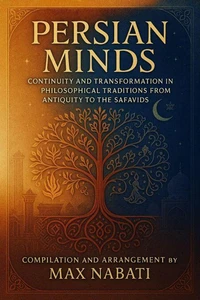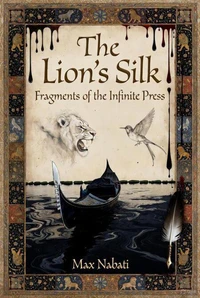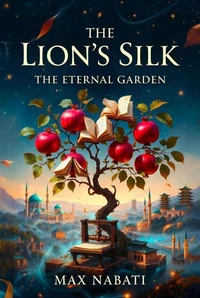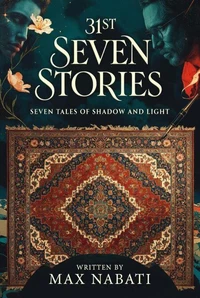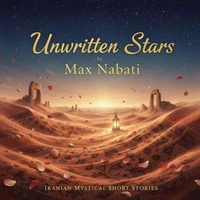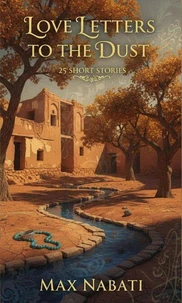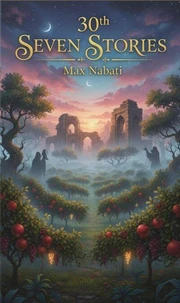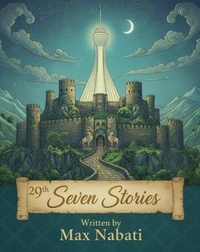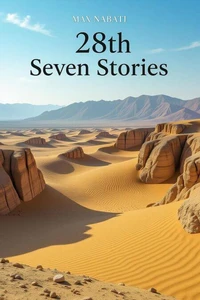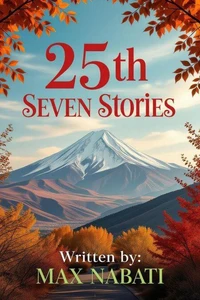- Accueil /
- Max Nabati
Max Nabati

Dernière sortie
The Cube Of Wishes
In the heart of a divided Capital City, where the affluent North thrives while the South fades into shadow, Café Luxe stands as a quiet haven of warmth and whispered aspirations. Desire Pendaar, a resilient twenty-six-year-old marked by a haunting past, finds solace in the rhythmic rituals of daily life-steaming cups of coffee, meditative affirmations, and the intimate gatherings of women sharing stories over fragrant pastries.
Max Nabati's "The Cube of Wishes" weaves a tapestry of empowerment, drawing from the real-world strength women cultivate through repetition and connection. As Desire navigates encounters with figures like the enigmatic Mr. Content, the café transforms into a crucible for inner healing and collective introspection. This evocative narrative celebrates how ordinary habits-brewing the perfect morning blend, echoing desires in group circles-become portals to profound personal change, reminding readers that true magic blooms in the familiar rhythms of shared humanity and unyielding hope.
Max Nabati's "The Cube of Wishes" weaves a tapestry of empowerment, drawing from the real-world strength women cultivate through repetition and connection. As Desire navigates encounters with figures like the enigmatic Mr. Content, the café transforms into a crucible for inner healing and collective introspection. This evocative narrative celebrates how ordinary habits-brewing the perfect morning blend, echoing desires in group circles-become portals to profound personal change, reminding readers that true magic blooms in the familiar rhythms of shared humanity and unyielding hope.
In the heart of a divided Capital City, where the affluent North thrives while the South fades into shadow, Café Luxe stands as a quiet haven of warmth and whispered aspirations. Desire Pendaar, a resilient twenty-six-year-old marked by a haunting past, finds solace in the rhythmic rituals of daily life-steaming cups of coffee, meditative affirmations, and the intimate gatherings of women sharing stories over fragrant pastries.
Max Nabati's "The Cube of Wishes" weaves a tapestry of empowerment, drawing from the real-world strength women cultivate through repetition and connection. As Desire navigates encounters with figures like the enigmatic Mr. Content, the café transforms into a crucible for inner healing and collective introspection. This evocative narrative celebrates how ordinary habits-brewing the perfect morning blend, echoing desires in group circles-become portals to profound personal change, reminding readers that true magic blooms in the familiar rhythms of shared humanity and unyielding hope.
Max Nabati's "The Cube of Wishes" weaves a tapestry of empowerment, drawing from the real-world strength women cultivate through repetition and connection. As Desire navigates encounters with figures like the enigmatic Mr. Content, the café transforms into a crucible for inner healing and collective introspection. This evocative narrative celebrates how ordinary habits-brewing the perfect morning blend, echoing desires in group circles-become portals to profound personal change, reminding readers that true magic blooms in the familiar rhythms of shared humanity and unyielding hope.
Les livres de Max Nabati
Nouveauté

4,49 €
Nouveauté
